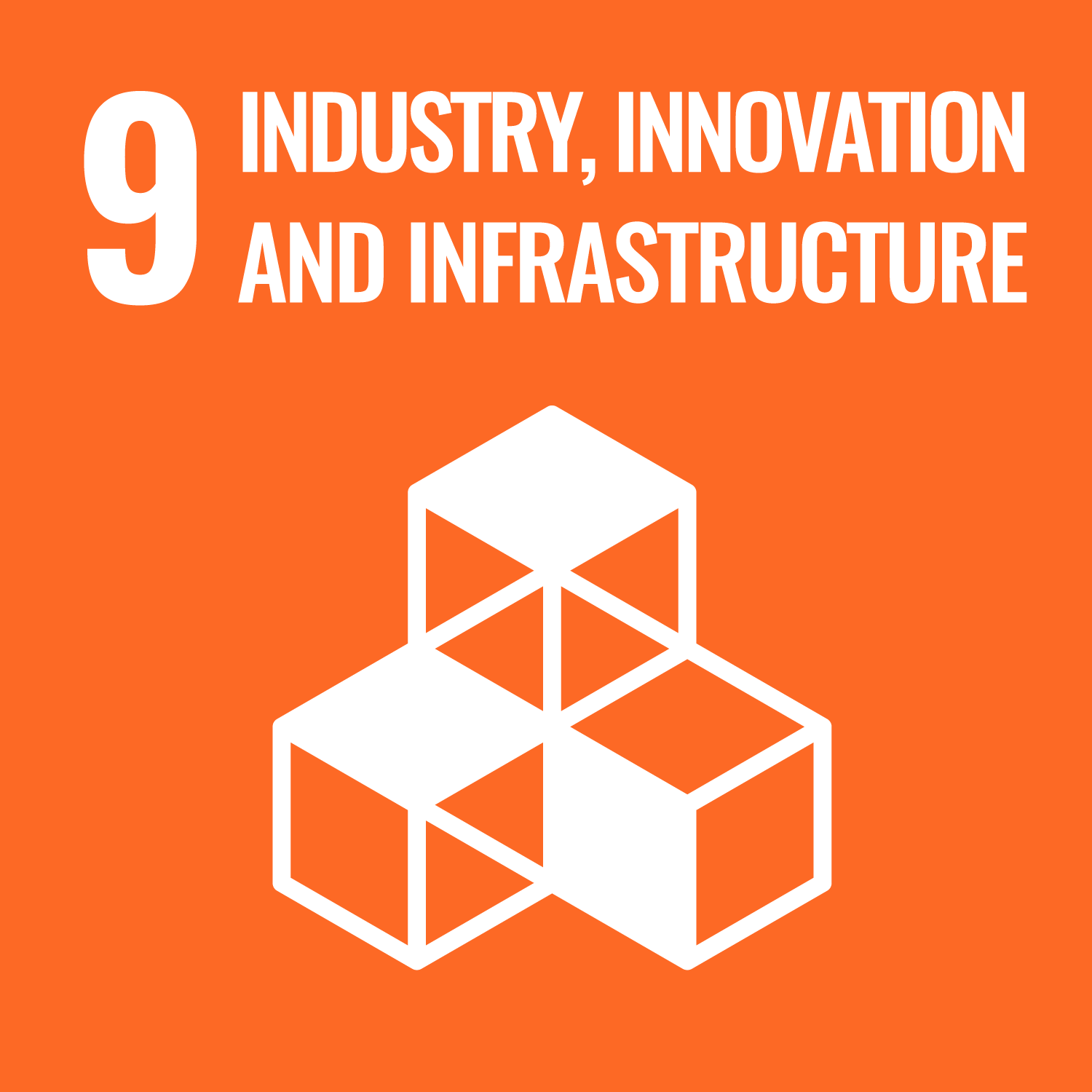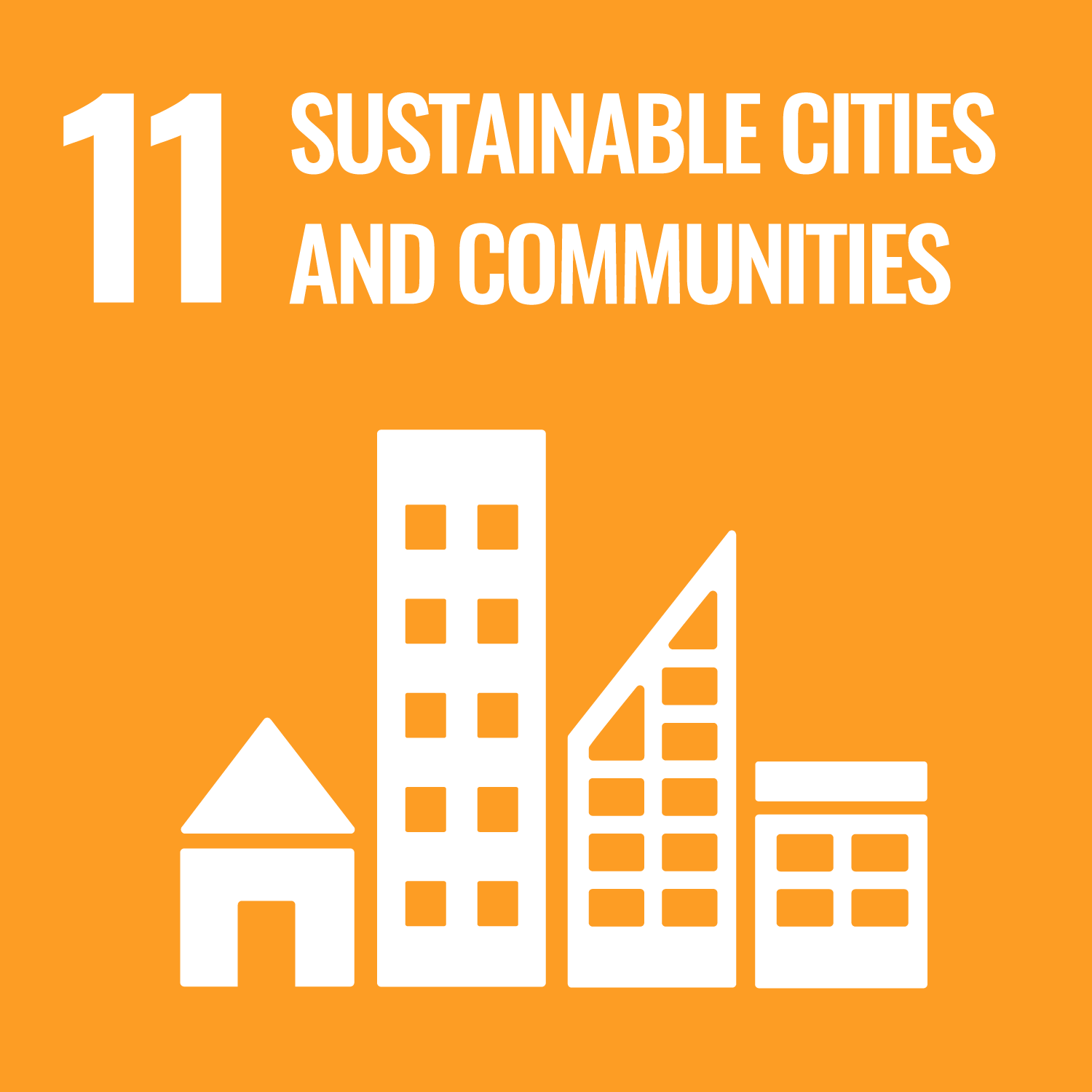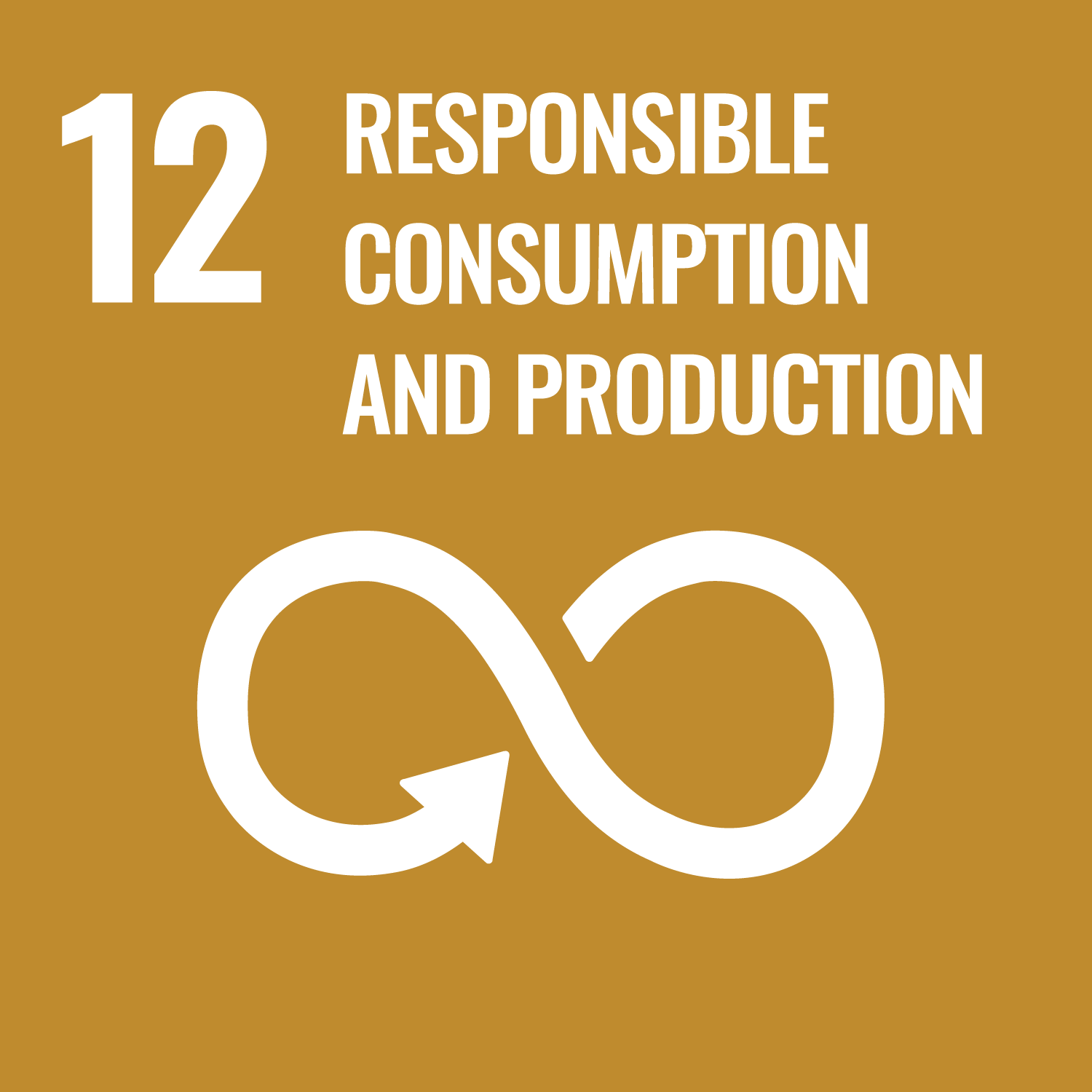Sustainable development

Environmental well-being, Social progress and Economic growth are three basics of sustainable development. They reflect equal access to work, qualitative healthcare and education, decrease of negative impact of natural ecosystems, wealth of citizens and absence of discrimination.
Climate change, economic instability and social inequality, poverty and hunger, wars, conflicts and other reflections of unstable development today are a threat for the Planet’s population as a whole and for countries in particular, and requires immediate actions.
Quick wins without consideration of mid- and long-term consequences is a failure strategy, which leads to destruction, but not development.
Global leaders agree with the necessity to consider stakeholders' needs and long-term consequences when planning and realizing strategic goals for the economy, nature and society.
For this reason in 2015 countries-members of the UN have set 17 ambitious Sustainable Development Goals (SDGs).
Sustainable Development Goals (SDGs)
17 SDGs were set in 2015 and include 169 targets. These targets cover a wide range of fields such as fighting against poverty and zero hunger, provision of qualitative education, gender equality, environmental protection and provision of economic growth.
According to the 2023 Report on assessment of SDG’s not all targets are met including prevention of poverty and limitation of global warming on the level of 1,5 Degrees Celsius.
To achieve SDGs action is needed now in order to avoid the risk of the situations’ deterioration tomorrow. Application of SDGs reflects on the country-base level in the national action plans, on the business level — in ESG strategies, on the level of particular people — in the lifestyle.
Sustainable Development Goals (SDGs)
17 SDGs were set in 2015 and include 169 targets. These targets cover a wide range of fields such as fighting against poverty and zero hunger, provision of qualitative education, gender equality, environmental protection and provision of economic growth.
According to the 2023 Report on assessment of SDG’s not all targets are met including prevention of poverty and limitation of global warming on the level of 1,5 Degrees Celsius.
To achieve SDGs action is needed now in order to avoid the risk of the situations’ deterioration tomorrow. Application of SDGs reflects on the country-base level in the national action plans, on the business level — in ESG strategies, on the level of particular people — in the lifestyle

















Sustainable Development
Sustainable Development is how we must live today if we want a better tomorrow, by meeting present needs without compromising the chances of future generations to meet their needs.
Sustainable Development Goals
Sustainable Development Goals are a number of targets set by the United Nations (UN) which are aimed to promote sustainable development and improvement of people’s life. They are also known as 17 SDGs for the period after 2015.


National Goals
Sustainable Development agenda is closely related to socio-economic and environmental priorities of the Russian Federation which are formulated as National Development Goals through 2036 and for the future until 2036, and are signed as an Executive Order by President Vladimir Putin.
National Development Goals through 2030 and for the future until 2036 include:
- Preservation of the population, strengthening health and improving the wellbeing of people, supporting families;
- Self-fulfilment of each person, unlocking their talents, and educating a patriotic and socially responsible person;
- Comfortable and safe living environment;
- Ecological well-being;
- Stable and dynamic economy;
- Technological leadership;
- Digital transformation of state and municipal administration, the economy, and social sphere.
The implementation instrument of the National Goals are National Goals of Russia
ESG components
ESG approach to activities realization is aimed to consider and balance environmental, social and economic aspects of the decision making process.
ESG based approach to business contributes to formation of sustainable strategies that lead to long-term success, social wealth and environmental protection which are the fundament of the sustainable development of future generations.

E (Environment)
Environment — ‘’E’’ — is the ESG letter which focuses on the behavior of business in relation to the natural environment, how it uses resources, and how its direct or indirect activity influences ecosystems.
Response of companies to the environmental threats can include development of climate policies, efficient energy-usage, decrease of pollution of nature’s components, preservation of resources, biodiversity and other actions.

Among the main aspects of negative environmental footprint decrease are such as:
Increasing greenhouse gas emissions amplifies the natural greenhouse effect, resulting in an increase in the average global temperature on the planet. The current and future consequences of an increase in the average temperature of the planet can have a negative impact on all areas of people's lives, including doing business. In addition to the environmental impact that the world is already experiencing, it is widely recognized that this could lead to even greater socio-economic impacts in the long term. The participation of corporate players by means of reduction of greenhouse gas emissions, including CO2 emissions, research, development and implementation of renewable energy solutions, financing of environmental projects, increasing climate resilience is necessary to combat climate change and achieve the goals of the Paris Agreement.

Effective resource management confronts businesses with the task of taking a responsible approach to the implementation of their activities, from reducing water consumption to measures to improve the sustainability of landscapes, which is reflected in the reduction of overexploitation, land reclamation, restoration of natural habitats, conservation of biodiversity and other activities. The reuse of raw materials and materials and the transition to a circular economy are necessary solutions within the framework of a sustainable development management system.

Almost any production activity is associated with a negative impact on the components of the natural environment: air, soil, water, flora and fauna. This requires saving all types of resources, reducing the amount of waste generated, discharges and emissions.

Companies' consideration of the risks and opportunities associated with their supply chains improves business sustainability from both a reputational, financial and environmental perspective.
Supplier relationship management is beyond the organization, extending to value chains through the procurement of goods and services, tracking the environmental footprint, and imposing environmental and other requirements on suppliers.
Responsible supply chains enable companies to effectively manage their environmental impact, and by integrating ESG practices into supply chains, large organizations can significantly influence their adoption among their suppliers, thereby contributing to the advancement of the sustainability agenda in the marketplace.

G (Governance)
“Governance” — G — is the ESG letter, which implies the presence of a system of rules by which business is managed and controlled in the context of sustainable development. This system involves a balance of interests of a number of stakeholders of the company: shareholders, senior management, clients, suppliers, financiers, government, society.
Corporate governance involves ensuring the appropriate level of transparency and openness of a business, its actions to manage reputational risks and the creation of value for all stakeholders. High-quality management taking into account ESG principles implies increasing business value both for shareholders and creating value for a wide range of stakeholders, whose opinions are taken into account when making management decisions.
Among the main aspects of governance are such as:
Fair remuneration for management bodies and management of the company implies the presence of transparent mechanisms for determining the level of remuneration, maintaining remuneration statistics, disclosing information about long-term incentive programs for members of management bodies and other forms of income for members of management bodies.
Additionally, by providing a direct link between incentive plan performance and a company's ESG strategy, its Board of Directors is driving the progress of sustainability goals and demonstrating the importance of these issues to investors, who are increasingly asking for such a link.

Many companies strive to manage their enterprises in a way that improves their financial, social and environmental performance while taking into account the expectations of their stakeholders.
Stakeholders are entities that relate to the enterprise and show interest in its activities. These include shareholders, management, middle and line employees, customers, suppliers, government authorities, the business community, local communities and others.
Managing relationships with stakeholders at the strategic level involves mapping their interests taking into account their significance for the company, their involvement in the decision-making process, and the implementation of operational activities aimed at strengthening and developing trusting relationships with all participants involved in the life of the company.

One of the important issues in the field of ESG is disclosure. Environmental risks created by business activities have a direct or indirect impact on the components of the natural environment and human health. The information on which stakeholders make decisions, financial or otherwise, can be the determining factor for them when it comes to collaboration and other forms of interaction with the business.
It is best practice to publish annual non-financial or integrated reporting along with financial disclosures. Among the principles that companies adhere to when disclosing information are completeness, materiality, and reliability of data.

Anticorruption is an integral element of corporate governance to minimize risks and achieve sustainable development goals.
In large organizations, combating corruption is not limited to formal compliance solely with legal requirements. Voluntary adherence to the principles of responsible investment (ESG), including intolerance to corruption in any of its manifestations, has recently become the norm.
Companies approve and monitor the implementation of compliance system development programs, regularly review issues regarding corruption risks, voluntarily implement special anti-corruption programs that include internal control procedures, waiver of preferences, procurement based on open tenders, financial control, training and work with personnel, assistance to law enforcement authorities and other measures.

Conduction of business activities with high ethical standards is a best practice for many companies, and serves as the basis for both process management and dispute resolution at the operational level. Unethical behavior negatively affects the company's brand, reputation and shareholder value, while ethical behavior, on the contrary, builds trust in the company. Ethical behavior makes it possible to both follow specific corporate requirements and generally influence the atmosphere in the organization.
Companies develop and implement into their daily operations a code of ethics that sets out standards of behavior based on compliance with corporate values and principles. Among the issues that codes of ethics often cover are respect for human rights, prohibition of child labor, avoidance of conflicts of interest, protection of information and trade secrets, and others.



S (Society)
“Society” — S — is the ESG letter, which defines how business regulates relationships with employees, suppliers, clients, consumers and local communities in terms of ensuring social protection, decent and comfortable working conditions, education, equality and other aspects.
Social risks and opportunities have a direct impact on the financial performance of a business, as well as its perception by society as a responsible corporate citizen.
Among the main aspects of social wealth are such as:
Ensuring industrial safety and labor protection is not just about strict compliance with legal requirements and aversion to injuries. Violation of any safety rule may put people's lives and health at risk. Companies that understand all the threats to their operations take responsibility for the life and health of each employee and minimize the number of accidents. Effective management of industrial safety is possible through risk management in the workplace, as well as involving employees in the development of a safety culture in enterprises.
Non-discrimination on any basis, respect for the rights and freedoms of all stakeholders (employees, customers, suppliers, local communities and others) are important criteria for a healthy business.
The field of human rights covers a wide range of issues, including the right to decent and safe working conditions, fair compensation, education, freedom of assembly, association, including trade unions, and collective bargaining, freedom of expression and others.
Respect for human rights implies a qualitative and systematic assessment of the legality of decisions made by companies in the implementation of personnel and other policies, building transparent and trusting relationships with employees and other stakeholders.
Decent wages, managing relations with employees, supporting healthcare, education and culture, developing territories of presence, encouraging volunteerism and social projects are the main aspects of companies’ social contribution to sustainable development.
Professional and personal growth, inclusion, creation of equal opportunities are the main aspects of human capital development. Companies that invest in the development of employees and provide opportunities for them to develop professional and soft skills and career growth can thereby contribute to team retention, reduce staff turnover, and form a loyal and value-oriented team.